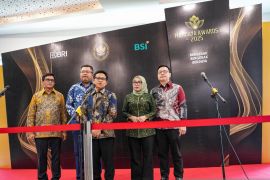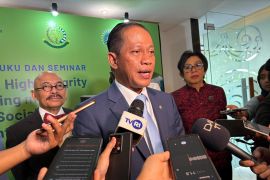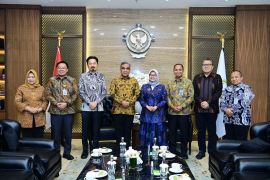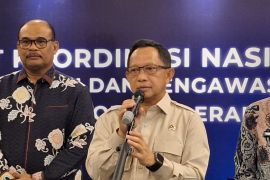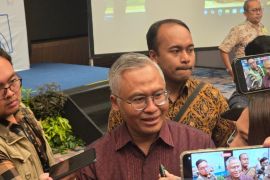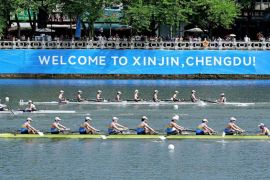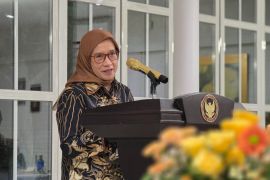Since 2015, the Indonesian government has been committed to carry out Sustainable Development Goals by achieving gender equality and empowering women and girls. However, a report published by World Economic Forum indicates that Indonesias gender gap index was ranked at the 88th position, or far behind other ASEAN countries, namely the Philippines (7th), Lao (43rd), and Thailand (71st).
"If the government currently sets a target of gini ratio decline from 0.41 percent in 2014 to 0.36 percent in 2019, we expect a decrease in gender inequality as well," program manager of International NGO Forum on Indonesian Development (INFID) Siti Khoirun Nimah said in a press conference here on Wednesday.
Putting into additional concern, the National Social Economy Survey (Susenas) in 2015 showed that womens participation in the labor market is only 49 percent, or below the average working participation of 65.4 percent of Indonesians, while the average duration of education for women is only 8.1 years, below the national average of 8.4 years of education.
"Various studies also signify that gender inequality slows down economic growth and reduces poverty ," Nimah noted.
In order to reduce gender inequality, INFID has proposed 10 strategies addressed both for the government and private sectors, who play a very important role to produce pro-women policies.
Certain recommendations that the forum will deliver to the government include reallocating 5-10 percent of the education budget in APBN 2018 to increase investment on female human resources; conducting pilot projects in 20 provinces to ensure that all girls complete 12 years of primary-secondary education; increasing the capabilities of MSMEs, especially women-driven businesses; and creating a task force for women development.
Meanwhile, the large and medium-sized public companies are expected to impose a 30 percent quota for women in middle and high office positions, as well as enforce pro-women policies in all their production chains.
Those recommendations will be submitted and further discussed with some policy makers, including Finance Ministry, National Development Planning Agency (Bappenas), Women Empowerment and Child Protection Ministry, House of Representatives, Financial Services Authority (OJK), and Indonesia Stock Exchange (IDX) for the approval and technical implementation.
"We believe that making these recommendations into realization will encourage women to be more empowered and increase their contribution to the national economy and communitys welfare," Nimah pointed out.
In 2015, McKinsey Global Institute projected that womens participation in economic activities would increase economic income to US$28 trillion, or 26 percent of the 2025 global GDP. This amount is equivalent to the combined GDP of China and United States.(*)
Editor: Heru Purwanto
Copyright © ANTARA 2017
